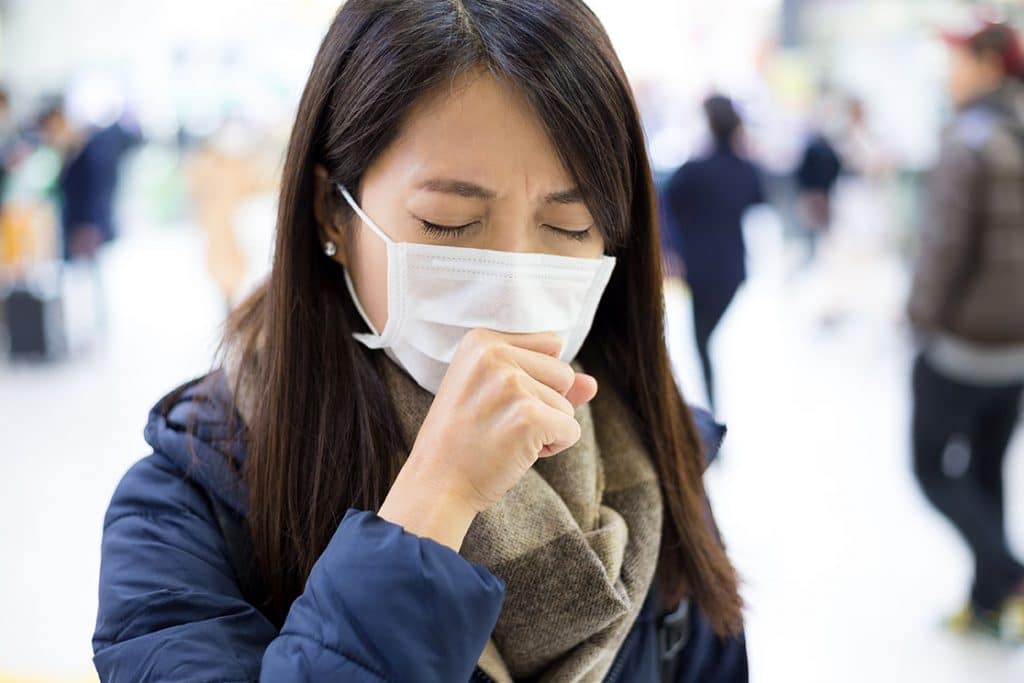The coronavirus, officially known as COVID-19, has become a serious health concern around the world. With a rising infection and mortality rate, including community transmission and a number of deaths in the United States, people are taking steps to protect themselves from exposure. Since COVID-19 is spread person-to-person and can be airborne, people may think that using an air filtration system may reduce their risk of exposure. Unfortunately, it’s not that simple.
There are many different types of air filtration systems, and depending on the type of system, they may not be able to remove viruses, such as coronavirus, from the air. There are two primary types of air filters: HEPA and PCO. HEPA is an acronym for “High, Efficiency, Particulate, Air.” On the other hand, PCO stands for “Photo Electrochemical Oxidation.”
HEPA filters are usually found in air purifiers. Air purifiers use fans to draw in air and pass it through a filter before expelling the purified air out the other side. They’re particularly effective at removing odors and large particulates from the air. If you suffer from pet allergies, for example, an air purifier can help capture the dander and reduce your symptoms.
But there is a limit to what a HEPA filter can capture and remove from the air. Even the most powerful air purifiers can only capture particles as small as 0.1 microns or larger, and the vast majority of air purifiers will only capture particles 0.3 microns or larger. The primary causes of poor indoor air quality are larger than this size limit; mold, pollen, and pet dander are all larger and can be caught and eliminated by a standard HEPA filter.
Because viruses are roughly 100 times smaller than bacteria, and typically range from 0.004 to 0.1 microns in size, HEPA filters cannot remove them from the air. COVID-19 belongs to a family of viruses known as coronaviruses. The 2013 SARS epidemic was also caused by a coronavirus, which was 0.1 microns in size.
PCO filters work in a similar, but more complex way. In photocatalytic air purifiers, UV light is used to cause a chemical reaction that creates charged particles. These charged particles then bind to larger organic molecules in the air. Photocatalytic Oxidation (PCO) is a very powerful air purification technology and has the ability to destroy particles as small as 0.001 microns (nanometer).
Since the coronavirus is spread by person-to-person contact and coming into contact with contaminated surfaces. You can prevent coronavirus infection by thoroughly washing your hands; avoiding touching your eyes, nose, and mouth with unwashed hands; avoiding close contact with people who are sick; and disinfect frequently touched objects and surfaces, as the CDC recommends.
If you are interested in learning more about a PCO filtration system, please call our office. UES can help determine if a PCO filtration system would be beneficial in your situation, help you pick the right system, and even install it for you.


